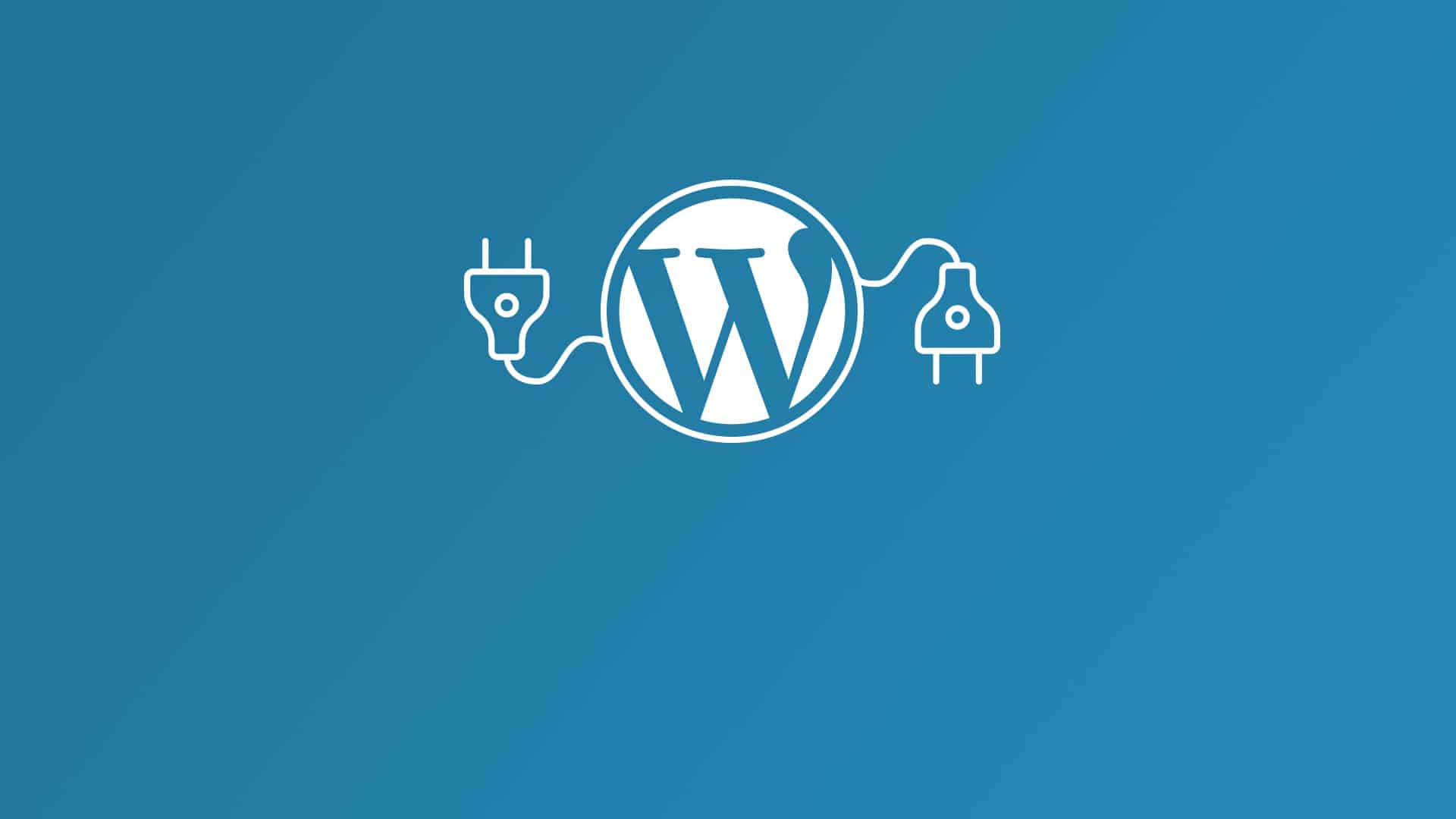
Ilona brings over 20 years of experience having delivered web solutions for brands such as the BBC, O2 and SONY to name but a few.
Follow

With the increasing popularity of WordPress comes the associated popularity of WordPress plugins. There are a staggering number available to download from WordPress: 55,000+ at the time of writing! But what does the creation of more and more plugins mean for your website, and how can you ensure you’re utilising them effectively?
Plugins are a great way to extend functionality or add new features to your WordPress website. However, with so many to choose from it’s important to make the right selection. Some plugins are better than others and some poorly built plugins can have a detrimental impact on your website speed and performance and in the worse case, create security issues.
Many problems around performance and security can be solved by limiting the number of plugins used but there is no definitive answer to this question and no ‘magic number’ to stick to. We advise focusing less on the number of plugins and more on ensuring that the plugins you have installed work for you, instead of against you.
Do your research and choose carefully! WordPress is an open market for plugin authors, due to the General Public License it is distributed under. This means that anyone from anywhere can view, alter and share the source code, creating an ‘open community’. However, not all authors have the same level of skill when it comes to coding. As a result, not all plugins are of the same quality. When a plugin is poorly coded or comes from an untrustworthy source, it can cause problems on your website. Always ask yourself the following questions when assessing a plugin:
Plugins are extremely useful and there are many great plugins out there for you to choose from but choose wisely and evaluate constantly. Before you download any plugin ask what benefit will it bring and importantly, is it trustworthy.
You can read more about our favourite plugins in our post The Periodic Table of WordPress Plugins and in the spirit of giving back to WordPress and sharing our knowledge with the community, we have released several of our own plugins.